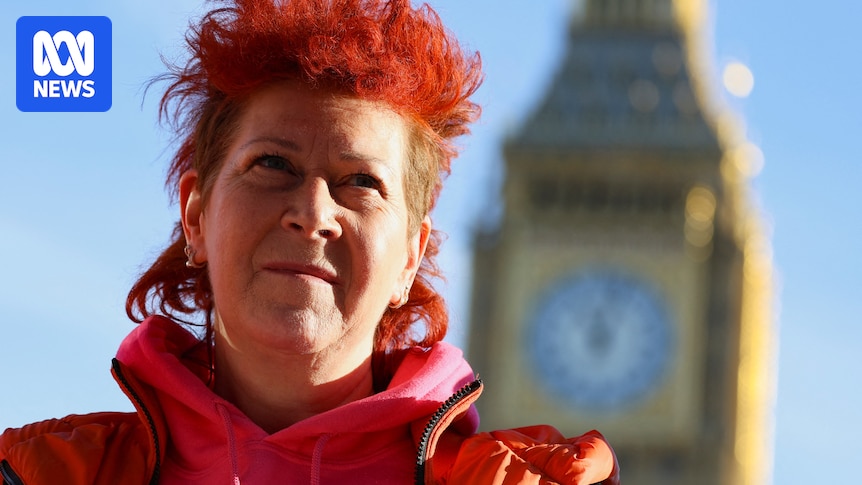Britain’s parliament has narrowly voted in favour of a bill that would legalise voluntary assisted dying (VAD).
If you or anyone you know needs help:Suicide Call Back Service on 1300 659 467Lifeline on 13 11 14Aboriginal & Torres Strait Islander crisis support line 13YARN on 13 92 76Kids Helpline on 1800 551 800Beyond Blue on 1300 224 636Headspace on 1800 650 890ReachOut at au.reachout.comMensLine Australia on 1300 789 978QLife 1800 184 527
The bill would allow mentally competent, terminally ill adults with fewer than six months to live in England and Wales the right to choose to end their own lives, but only with the approval of two doctors.
The laws passed with 330 votes in favour and 275 against.
Among those who voted for the reforms was British Prime Minister Kier Starmer.
During the lengthy and emotional parliamentary debate, those in favour of the bill argued it was about shortening the death of those who were terminally ill and giving them more control.
But opponents warned vulnerable ill people might feel they should end their lives for fear of being a burden to their families and society, rather than for their own wellbeing.
Others expressed concern there had not been enough time to consider the bill before voting.
Terminally ill woman haunted by partner’s death says vote a relief
Jenny Carruthers watched her partner die in agony from cancer that had spread to his bones.
Now diagnosed with the same condition, she is hopeful that a vote in favour of assisted dying in Britain will permit her a more peaceful death.
“I watched my partner die in uncontrollable agony and it looks like I’m going to be facing the same future,” Ms Carruthers, 56, said.
“We need this.”
Jenny Carruthers says the successful vote came as a “massive relief”. (Reuters: Mina Kim)
In the lead-up to the parliamentary vote, polling showed most Britons backed assisted dying.
All Australian states and the Australian Capital Territory have legalised VAD in recent years.
In the mid-1990s the Northern Territory became one of the first jurisdictions in the world to legalise VAD, but the Commonwealth then overturned its laws.
The British House of Commons’ initial vote in favour of the bill will start months of debate and the bill may be changed as it makes its way through various parliamentary processes.
Emotional debate over ethics of VAD
Opponents say a lack of palliative care options will leave many terminally ill patients with little choice. (Reuters: Mina Kim)
The bill was introduced by Labour MP Kim Leadbeater as a private member’s bill.
During the debate, Ms Leadbeater outlined the experiences of several of her constituents that motivated her to push for the change.
The legal quirk restricting access to VAD
She told of one terminally ill woman spending four days in immense pain before dying, despite being given the maximum dose of painkillers.
“Let us be clear: We are not talking about a choice between life or death; we are talking about giving dying people a choice of how to die,” she told parliament.
After the vote, she said she was “overwhelmed” by the support of fellow MPs.
Conservative MP Danny Kruger led the opposition to the bill, expressing concern about whether some patients could feel forced to opt for VAD because of the poor state of palliative care.
“The evidence is that, with this new option and the comparative loss of investment and innovation in palliative care, real choice will narrow,” Mr Kruger said.
ABC/Reuters
